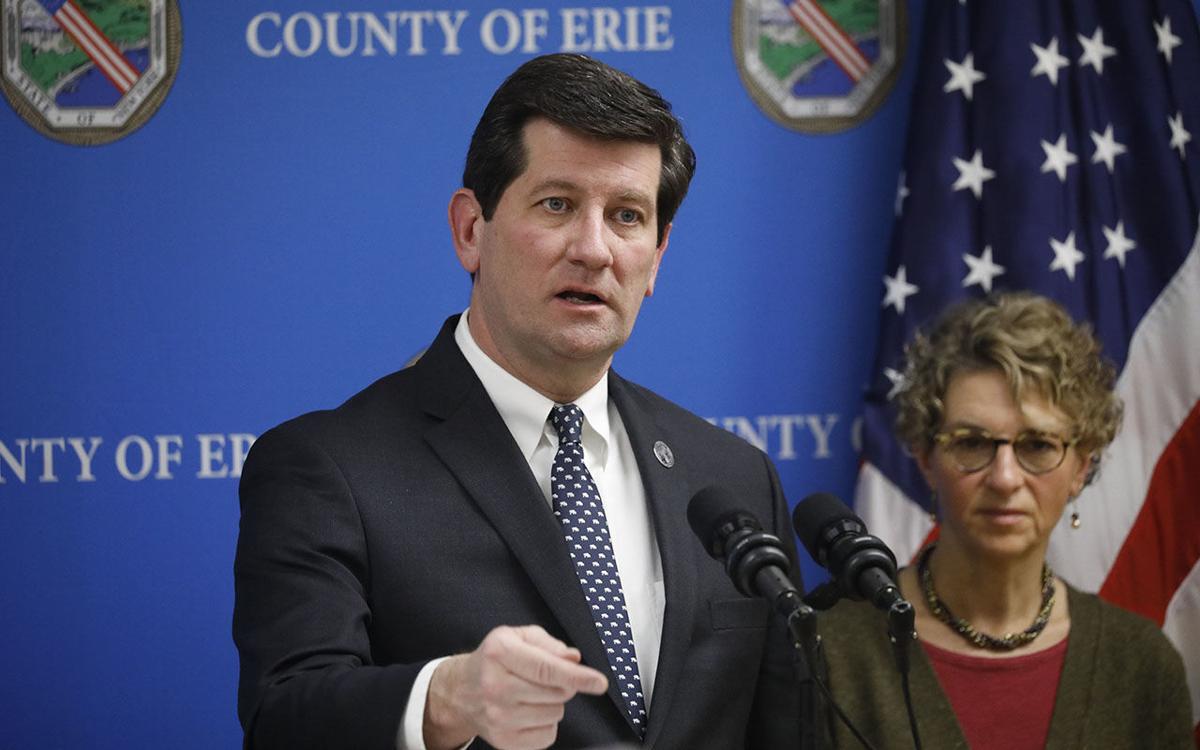SOUTH JORDAN, Utah — Republican Sen. Mitt Romney’s vote to convict President Donald Trump on one count of abuse of power didn’t bother Kelsey Malin.
“I have kind of come to terms that even though he hasn’t voted in a way that people say represents his party, the fact that he voted true to his conscience and over his party is a great thing,” Malin, 28, said as she entertained her two children at a local library two days after the impeachment trial concluded last week.
NBC News spoke with dozens of voters in Utah in the days immediately following the Senate’s vote to acquit the president. Most identified themselves as Republicans who had supported Romney in 2018 and said that regardless of their opinion of the president, Romney’s decision to go against his party was one that they understood and respected for its honesty. Many said they would not hold it against the first-term senator when he faces re-election in 2024.
Download the NBC News app for breaking news and politics
Malin, who voted for Trump in 2016 and for Romney in 2018 and plans to support both again, said that Romney had been a topic of conversation among her family and friends, but the outrage coming from Washington did not square with the discussions she was having at home.
“It’s surprising because it seems like the louder voice says he’s betrayed the party, he’s betrayed the people of Utah,” she said. “But the people in my circle don’t feel that way.”
Alan Anderson, 41, a financial planner from Salt Lake City, supported Romney in 2018 and said he will probably vote for him again.
“I was fine with Romney — he had his reasons for it,” Anderson said of the vote. “Whether you agree or disagree with his reasons, at least he had the courage to say whatever he felt was right.”
In remarks on the Senate floor, Romney explained his vote and how his Mormon faith was key to his stance, which resonated with voters back home.
“I take an oath before God as enormously consequential,” Romney said, announcing his decision to convict Trump on Wednesday. “I have voted with him 80 percent of the time. But my promise before God to apply impartial justice required that I put my personal feelings and biases aside.”
News of Romney’s floor speech and his decision to vote against Trump consumed voters’ attention in Utah. The day after, headlines read “Romney bucks GOP, votes to boot the president” and Romney’s face appeared on billboards along a main highway in Salt Lake City, reading, “This Is What A Patriot Looks Like.”
Let our news meet your inbox. The news and stories that matters, delivered weekday mornings.
“Everyone at work was emailing around clips of it (Romney’s speech),” said Craig Schow, 37, a computer programmer from the Salt Lake suburbs.
Romney predicted “unimaginable” consequences for becoming the first and the only senator in American history to defect from their party on an impeachment vote. Those expectations were quickly met.
Trump tweeted a video claiming that Romney was a “Democrat secret asset.” The president’s son Donald Trump Jr. called Romney a “pussy” on Instagram. The #ExpelMitt and #RecallRomney hashtags began trending. Fox News host Laura Ingraham said the senator must resign. Romney’s 2012 presidential campaign press secretary offered that his decision was “motivated by bitterness and jealousy” toward Trump.
At the nonpartisan National Prayer Breakfast the morning following the vote, Trump said, “I don’t like people who use their faith as a justification for doing what they know is wrong,” an apparent dig at the Utah senator.
The blowback was not felt just in Washington. A Morning Consult poll showed that Romney’s support among Utah Republicans was down to 57 percent in the last four months of 2019, just as the impeachment trial was heating up, compared to 65 percent the prior quarter.
Hours after the trial concluded, Romney was on an overnight flight back to Salt Lake City for damage control.
In response to his vote, Republican state Rep. Phil Lyman authored a motion to censure Romney. GOP Statehouse Speaker Rep. Brad Wilson filed a resolution “paying tribute” to Trump. A bill that would allow Utah voters to recall their U.S. senators — which had largely been dismissed by both parties as unconstitutional when it was introduced in January — began to draw attention.
Back home, Romney met with state lawmakers and did local news interviews to explain the decision-making process behind his vote to convict.
“There will be ramifications for Sen. Romney,” Jason Perry, director of the University of Utah’s Hinckley Institute of Politics, said. “He knew that there would be.”
Although Utah is conservative, the majority-Mormon voters here have a complicated relationship with the president.
In 2016, Trump won Utah with 45 percent of the vote, the lowest percentage of any of the states that he carried. Many conservative voters, particularly Mormons uncomfortable with Trump’s rhetoric and anti-immigration stance, opted for third-party candidate Evan McMullin. Trump earned the lowest percentage of votes statewide in Utah for a Republican presidential candidate in roughly 20 years.
“I feel like (Romney) stands up and says, ‘This is what I think’ and you have the right to accept or reject that,” said Meralee Stallings, 62, who works for The Church of Jesus Christ of Latter-day Saints. “I think we are getting away from that, too. It’s like if you don’t agree with my opinion, then you’re wrong.”
Stallings, who voted third-party for president in 2016 and supported Romney in 2018, said she is leaning toward voting for Romney again.
“I don’t agree with everything that Romney has done,” she said, “but if you’re going to be true to what you think is correct, then that’s fine with me.”
Richard Allred, a retiree from Midvale, said he found impeachment “petty” and “vengeful” and he faulted both the Democrats and the Republicans during the process. Romney’s approach, Allred said, was “refreshing.”
“I think Romney voted his conscience, and I support that,” Allred, who backed Romney in 2018, said.
For Wendy Dennehy, from Salt Lake County, Romney’s vote was a sign that maybe there was still space for voters like her who had rejected the Republican Party when Trump won the nomination but were “not ready to make a commitment to another party.”
“I did not vote for Romney. I had that sour GOP taste in my mouth and I opted to not go GOP at all,” Dennehy said. “But I will, on this single stance, take a different look next time around.”
Most voters who expressed disapproval with Romney’s vote described themselves as loyal to the president and were already bothered by Romney’s prior criticism of Trump.
“I was unhappy because I thought Trump was very good to support (Romney for Senate in 2018) after all of that. So I turned on him,” Vickie Johnson, a retiree from Kaysville, said. “I am mad. And, yes, I am voting for Trump again in 2020. He’s got a big mouth, but that’s OK.”
“I feel like Romney crossed that line for me,” she said, adding she would not vote for him in 2024.
Her husband, Duane, was more forgiving.
“I still like him, I support him, I just don’t like what he did,” he said, adding, “I don’t like Trump personally, but I like his policies.”


